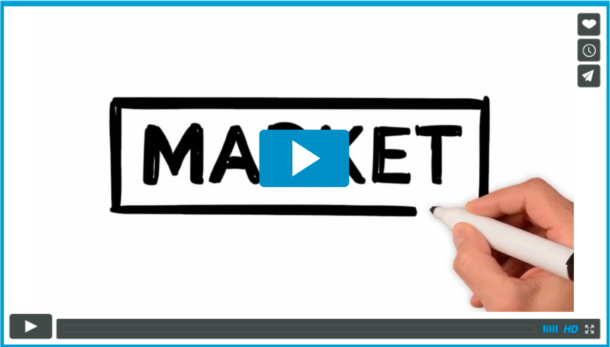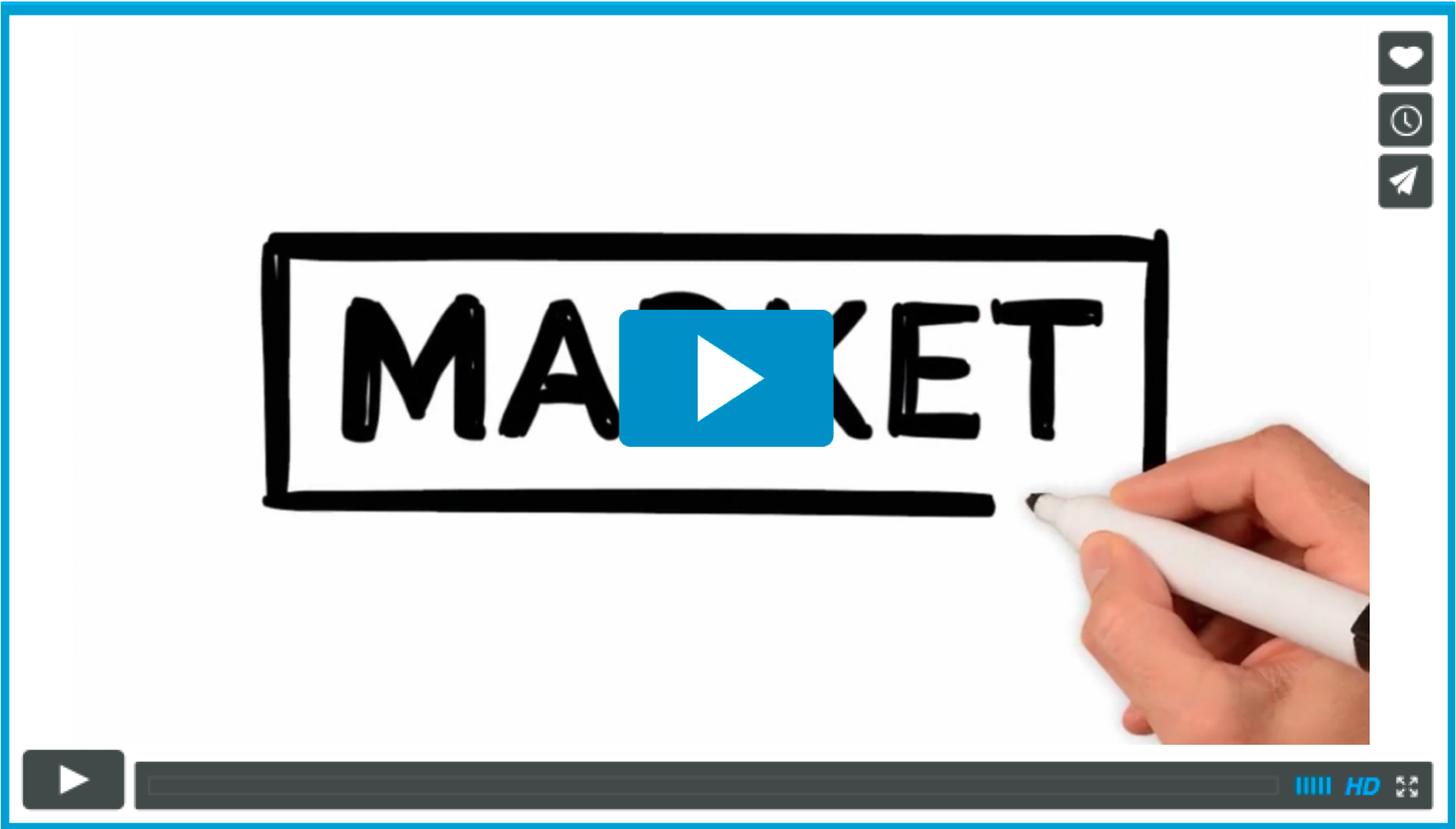It’s impossible to go a week without news of one company or another working through a cost out program, restructuring, or just plain making redundancies. After a career in fast moving industries (where constant evolution and change were a given), it’s clear to me today’s climate of digital interruption, coupled with the need for a flexible workforce, has ratcheted up the frequency of change.
One of my early mentors gave me some extremely sage people management advice right back when I was just starting out. It’s a measure of the value of this advice that it’s stood the test of time, remaining relevant through the years and regardless of industry or the laws of whatever country you’re working in…
In the middle of a testing restructure he told me to focus on three simple things if I wanted to set my team and the greater business up for successful outcomes:
- Do it quickly
- Do it with integrity
- Be generous
Do it quickly
Nothing more effectively destroys workforce morale and delivers a ruinous experience for you, your team, and your business than a drawn out and ambiguous restructuring process. A speedy and efficient process is one both clearly thought out and clearly communicated; clarity is king, ensuring those affected understand the change and your intended outcomes.
The opposite of clarity is a vacuum – into which pour rumour, uncertainty and fear, all festering as the process drags on. Poorly executed restructures let whole businesses grind to a halt, at the very time they need to be agile and nimble.
And while it is important to execute quickly, speed won’t compensate for poor or incomplete planning. Determine your rationale, impacts, and outcomes well ahead of delivery – this will facilitate speed, enabling a rapid resolution.
Do it with integrity
There’s a huge temptation in a restructure to default to ‘this isn’t personal, this is just business’.
The intent of the saying is correct, but never let that cloud the fact restructures are actually hugely personal for all involved. The driver may be a business decision, but this always carries a human impact – and not just for impacted people and teams, but also for the line manager steering the process. Most employees put their heart and soul into the business, often for many years. They may rationally “get” the need for change… it will still be a highly charged, emotionally stressful time for them. It’s vital you navigate this with complete integrity. Treat the team with the respect and empathy they deserve.
In such emotionally complicated situations little things are magnified and often matter more than you realise. A rigorously integrous process will let you steer a clear path through this minefield, and facilitate the rapid resolution you seek.
Be generous
If the little things do matter (and therefore can derail your planning), then always err on the generous side. Small beer for the company is often a big deal for your team – letting an employee finish up ahead of an end date, releasing them from serving notice, giving them longer access to outplacement services… these are all painless gives for you that will mean a lot to an affected team member. Letting someone hold onto their corporate mobile for a few weeks longer than they should won’t break your P&L – but it might just let your employee hold their head a little higher.
Things like this demonstrate change isn’t personal, at the same time reflecting well on the company brand and building goodwill with the remaining team.
If these three principles are generally more for the member being made redundant, it’s equally important to consider the team remaining. Next week I‘d like to spend a little time on this – how you treat outgoing staff has a direct impact on those remaining. Remember that rumour becomes fact, and in turn becomes legend. Treat your guys with integrity, speed and generosity and that’s what your legend will be built on.
It’s inevitable more restructures will occur in the business, so showing your remaining team they can expect to be treated with dignity if they are ever impacted will let them settle into the new structure with a lot more ease.
There’s one last practical point I want to add – in a country the size of ours it’s inevitable some of the people you let go will one day be your customers. Treat them well and they will remember this when they come to deal with you again.




